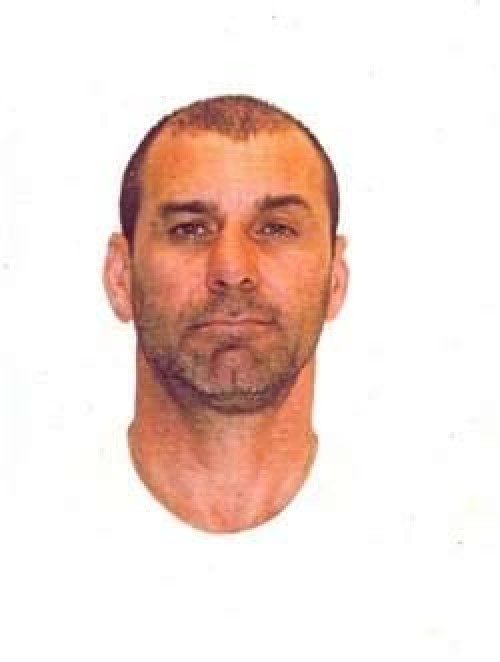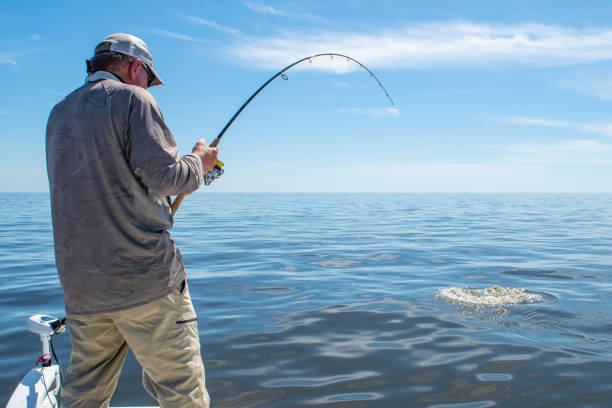"Requiem for All Saints and All Souls" (Houma)
November 2, 2010
Karl Frazier
November 4, 2010Nicholls State University hosted the first performance of a four-stop tour as representatives with the Louisiana Coastal Protection and Restoration Authority presented a BP Oil Disaster Assessment and Restoration meeting Oct. 25, to explain their purpose as the lead trustee in securing cleanup of the state’s coastal areas, and restitution for damages.
Sixty-three people, mostly representing various government and special interest agencies, gathered in the front center rows of Peltier Auditorium to hear Karolein Debusschere, deputy coordinator for the Louisiana Oil Spill Coordinator’s Office, explain the purpose of this agency assigned to oversee cleanup efforts and claims. She also provided an overview of the process involved in making damage assessments and promoting coastline restoration.
Natural resources were the focus of this meeting with photos displayed to highlight the oil spill impact on wildlife, fish, birds, air and water. The trustees’ responsibility was explained as being a contact to manage the natural resources assessment and represent public interests.
“The trustees go with the responsible parties [in this case BP] and collect data in various categories,” she said to the audience. “We have a list of federal and state agencies working on this.”
Debusschere explained that determining awards and a course of action in restoration would come in three parts. The first is pre-assessment – basically organizing their efforts. Then a primary restoration evaluation would be made to look at specific areas impacted by the Deepwater Horizon oil spill disaster. The third stage is compensatory restoration in which legal settlements are made and first steps are taken toward compensation of losses.
During this process, according to Debusschere, the cost of the spill response and cleanup will be determined, the damage to public services and government claims are to be added, and then the private claims and fines would be incorporated to determine damage levels.
Some members of the audience complained that there was not more of a citizen voice in the restoration efforts at this point. LCPRA staff present with Debusschere responded that the trustees are just beginning their work and that in time more public input will be incorporated.
“The only thing we can do is deal with the oil spill effect. If you disagree with our decisions you can comment on that,” she said. “It is not our goal to not represent the public. We want you to be involved.”
According to those leading the meeting, Louisiana has more trustees than any other Gulf Coast state impacted by the BP oil spill. The LCPRA is the state’s top trustee.
Other trustees include the Louisiana Department of Environmental Quality, the Louisiana Department of Wildlife and Fisheries, the Louisiana Department of Natural Resources, the U.S. Department of Interior, the U.S. Department of Agriculture, the U.S. Department of Energy and the U.S. Department of Defense.
Natural resource trustee responsibilities will also fall on federally recognized Native American tribes including the Choctaw Jenna Band, Tunica-Biloxi, Coushatta, and the Chitimacha.
Randy Lanctot, executive director for the Louisiana Wildlife Federation, said his main concern was not having a step-by-step timeline presented for the process and that assessment efforts could end before all elements of the state’s diverse eco-system and wildlife needs are fully examined.
“To remain ignorant in the face of this disaster would be more tragic than the disaster itself,” Lanctot said.
“I’m hoping we will see results [from the meeting],” said Daphnie Domino, disaster claims outreach coordinator for the Terrebonne Economic Development Authority.
“This was more about information gathering. I get a lot of phone calls [and] a lot of people are not aware what is available,” Domino said.
After leaving Thibodaux, the LCPRA tour moved on to Harahan, New Iberia and Chalmette to complete the week.







